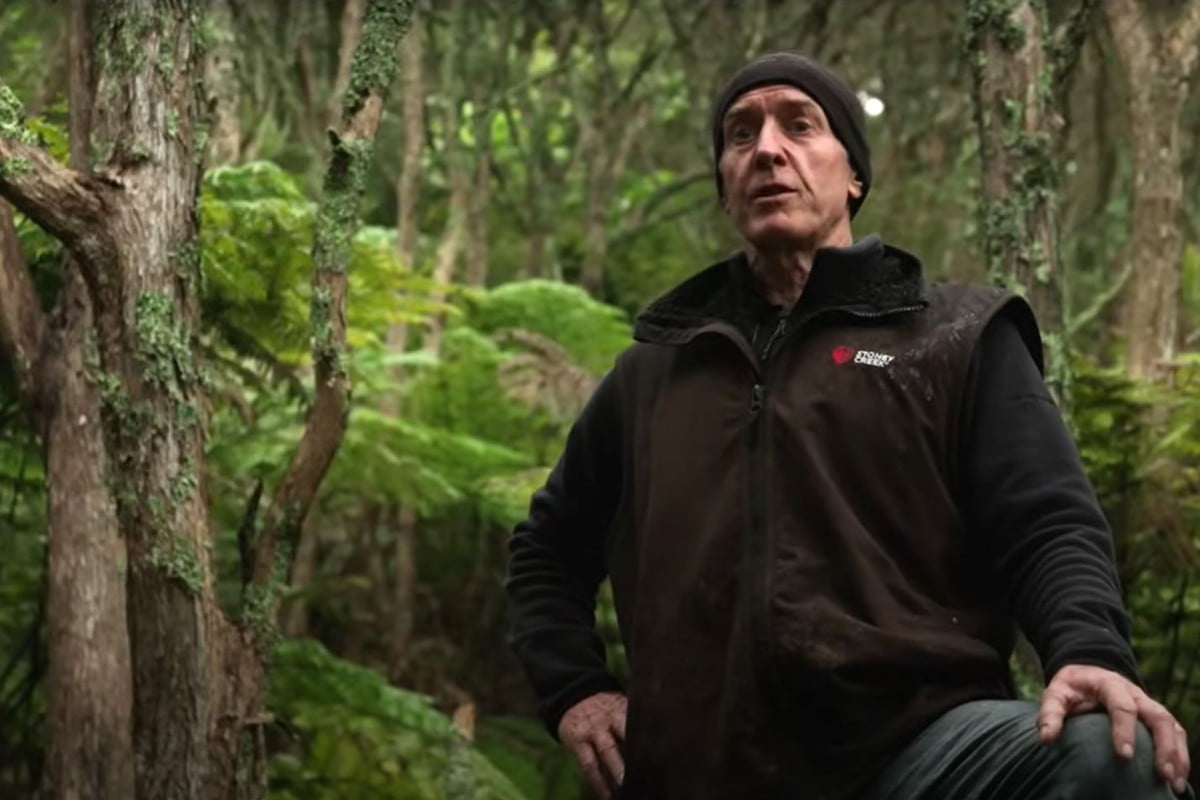EDS Report Finds Economic Considerations Trump Environmental Needs in Policy-making
A report for Our Land and Water takes a rare ‘behind the scenes’ look at how environmental policy is developed in Aotearoa New Zealand. The report includes comments from confidential in-depth interviews with policymakers, members of advisory groups, and consultants and scientists involved in the development of the 2020 National Policy Statement for Freshwater Management.
EDS has released a report examining the role of science in freshwater policy which is now available online. Science for Policy: The Role of Science in the National Policy Statement for Freshwater Management by Dr Deidre Koolen-Bourke and Raewyn Peart takes a rare ‘behind the scenes’ look at how environmental policy is developed in Aotearoa New Zealand.
The report includes comments from confidential in-depth interviews with policymakers, members of advisory groups, and consultants and scientists involved in the development of the 2020 National Policy Statement for Freshwater Management (NPS-FM).
The report finds deficiencies in the policy support area, and makes several recommendations for how environmental policy can reflect a strong science evidence base in the future.
“Freshwater policy is a quintessential example of a ‘wicked’ problem,” says EDS Policy Director Raewyn Peart.
“The declining state of freshwater quality has been documented for over 40 years but successive governments have struggled to respond with an effective policy framework.
“The country’s first National Policy Statement for Freshwater Management was introduced in 2011. It was further refined in 2014 and 2017. But degradation of freshwater bodies continued, leading to the 2020 iteration which was the focus of our project,” says Ms Peart.
“Freshwater policy is a quintessential example of a ‘wicked’ problem”
— Raewyn Peart, EDS Policy Director
“The evolution of the NPS-FM 2020 was based on a clear separation between science advice and policy considerations,” says EDS Senior Policy Researcher Dr Deidre Koolen-Bourke.
“This strengthened the science advice informing freshwater policy, resulting in the number of attributes in the National Objectives Framework (which sets national bottom lines for freshwater quality) increasing from nine to 22.”
“However, progress on an attribute for dissolved inorganic nitrogen stalled, even though it was supported by the majority of science advisors, Te Kāhui Wai Māori, the Freshwater Leaders Group and the vast majority of public submissions. It was also identified through the regulatory impact assessment process as the most effective option and the one most aligned with Treaty principles,” says Dr Koolen-Bourke.
“To better understand how different interests are balanced when policy is generated, we took a deeper dive into the regulatory settings that frame the development of environmental policy.
“We found that current regulatory direction ensures economic matters are prioritised over environmental ones and can prevent good science-driven outcomes.
“The policy-makers we interviewed told us that the current focus on costs, through the regulatory impact assessment process, unreasonably elevates the evidentiary burden to justify environmental reforms, creating systemic inertia against change. Given that so many of the environmental issues we face today require an urgent response, this broader finding is troubling and needs to be urgently addressed.
“We found that current regulatory direction ensures economic matters are prioritised over environmental ones and can prevent good science-driven outcomes”
— Dr Deidre Koolen-Bourke, EDS Senior Policy Researcher
“Our study also identified a wide disjunct between the science funding system and the science needs of policy-makers. A dedicated fund to properly support environmental policy-making would help rectify this. The establishment of a national independent science advisory agency, to work on environmental policy, could also foster a more cohesive evidence-based approach.
“EDS’s project seeks to increase understanding of the science-policy interface and identify key lessons from the NPS-FM 2020 process to inform future work. The objective is to ensure that environmental policy-making in Aotearoa New Zealand is more strongly evidence-based and therefore more effective in achieving positive outcomes for the country,” concluded Dr Koolen-Bourke.
Webinar series:
- Science for Policy webinar series information
- Register here
More information:
- Science for Policy: The Role of Science in the National Policy Statement for Freshwater Management by Dr Deidre Koolen-Bourke and Raewyn Peart
- Science in Freshwater Policy Development project information
Author
 View Our Strategy Document 2019 – 2024
View Our Strategy Document 2019 – 2024




Leave a Reply